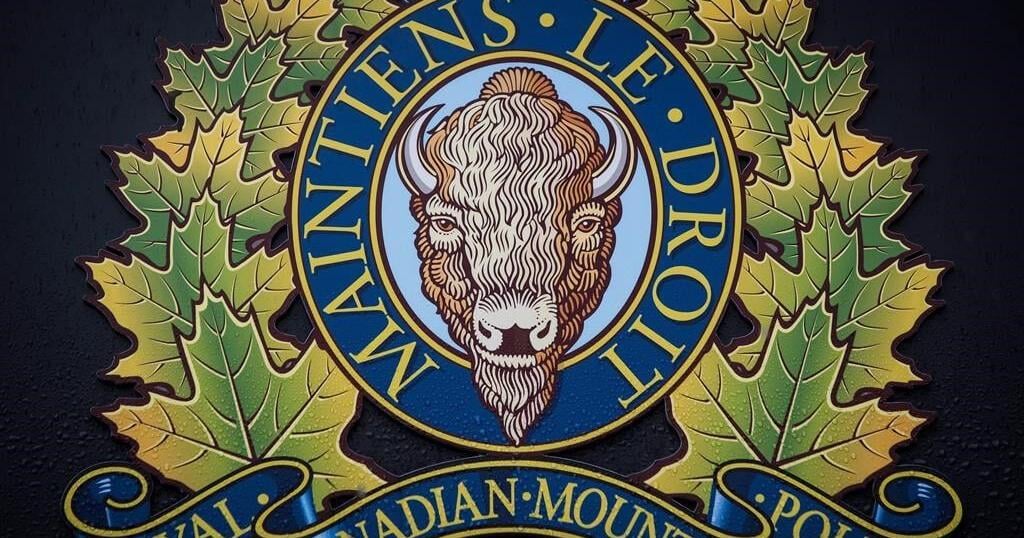In the diverse tapestry of Canadian culture, hair holds profound significance, acting as a canvas for self-expression, cultural identity, and personal pride. For Black Canadians, the unique textures and styles of their hair are intertwined with a rich history, resilience, and a sense of belonging. However, the act of touching a Black person’s hair, often dismissed as harmless curiosity, is a gesture that carries a weight of historical and cultural implications. This article explores the reasons why touching a Black Canadian’s hair is considered offensive, delving into the roots of this sensitivity, personal stories, expert opinions, and the broader impact on cultural understanding.
To understand the sensitivity surrounding the touching of Black hair, it is essential to delve into the historical context. The legacy of colonization, slavery, and systemic racism has left an indelible mark on how Black individuals perceive their hair. Quotes from historians and cultural experts provide insight into how the historical devaluation of Black features, including hair, has contributed to the contemporary significance of maintaining autonomy over one’s hair.
“The history of Black hair is deeply rooted in resilience. From the intricate hairstyles of African civilizations to the forced head-shaving during slavery, each strand tells a story of survival and defiance against oppressive norms.” – Dr. Aisha Simmons, Cultural Historian
Hair is not merely a physical attribute for Black Canadians; it is a form of cultural expression and identity. Through intricate braids, twists, locs, and natural styles, individuals communicate pride in their heritage and a connection to ancestral roots. This section features personal narratives, highlighting the diverse ways in which Black Canadians use their hair to express individuality and solidarity within the community.
“Our hair is a celebration of who we are. It’s a statement of resilience and pride in our unique beauty. When someone touches it without permission, it feels like an invasion of our personal identity.” – Jasmine Thompson, Toronto-based natural hair advocate
The act of touching a Black person’s hair is often rooted in harmful stereotypes and microaggressions that perpetuate harmful notions of exoticism and otherness. Drawing on personal experiences, interviews with psychologists, and sociological research, this section explores the impact of these stereotypes on individuals’ mental health and the broader implications for fostering an inclusive society.
“Microaggressions, such as unwanted hair touching, contribute to the ‘othering’ of Black individuals. It reinforces the harmful idea that their bodies are public property, perpetuating a sense of marginalization.” – Dr. Sandra Robinson, Psychologist
Respecting personal boundaries is a universal principle, and the same applies to interactions with Black hair. In this section, we delve into the significance of consent, emphasizing the agency that individuals should have over their bodies. Quotes from legal experts and social activists shed light on the importance of recognizing and respecting boundaries when it comes to personal space and physical appearance.
“Consent is paramount in all interactions. No one should feel entitled to touch another person’s body without explicit permission, and hair is no exception. It’s about recognizing the autonomy of individuals over their own bodies.” – Sarah Johnson, Human Rights Advocate
The offensive act of touching Black hair often stems from ignorance and lack of awareness. This section explores the role of education in fostering cultural understanding, dismantling stereotypes, and promoting respectful interactions. Quotes from educators, community leaders, and activists highlight the importance of inclusivity in educational curricula and public discourse.
“Education is a powerful tool for dismantling stereotypes. By incorporating diverse perspectives into our teaching and promoting cultural competency, we can bridge gaps of understanding and foster a society built on respect and empathy.” – Dr. Malik Carter, Diversity and Inclusion Educator
To humanize the issue, this section shares personal stories from Black Canadians who have experienced the discomfort of having their hair touched without consent. These narratives provide a nuanced understanding of the emotional impact, ranging from feelings of violation to frustration.
“It’s about recognizing our humanity. Our hair is part of our identity, and when someone touches it without asking, it diminishes our sense of agency and reinforces a legacy of objectification.” – Keisha Williams, Montreal-based artist and activist
The concluding section emphasizes the need for open conversations, empathy, and a collective commitment to fostering an environment where everyone’s autonomy is respected. Quotes from community leaders, influencers, and mental health professionals provide guidance on how individuals can contribute to creating spaces that honor diverse identities.
“Respecting each other’s boundaries, especially concerning something as personal as hair, is a step towards building a more inclusive society. It’s about recognizing the beauty in our differences and celebrating the agency of each individual.” – Marcus Thompson, Community Organizer
In the intricate landscape of cultural understanding, the act of touching Black hair without consent is a poignant reminder of the importance of acknowledging historical context, respecting cultural identity, and valuing personal agency. By engaging in open conversations, dispelling harmful stereotypes, and promoting education, we can collectively contribute to a society where every individual is seen, heard, and respected.
Related


































